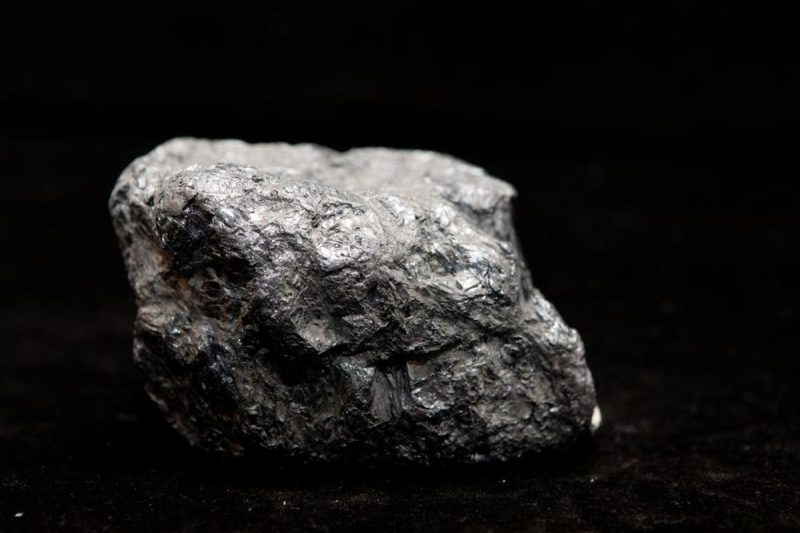
2024 Update: Unveiling the Top 8 Countries with Rare Earth Reserves!
Rare Earths Reserves: Top 8 Countries Updated in 2024
China
China has consistently dominated the rare earths reserves ranking and continues to do so in 2024. With vast deposits spread across various regions, China accounts for a significant share of global rare earths production. The country’s stance as a key player in the rare earths market is further solidified by its focus on advancing extraction and refining technologies to enhance efficiency and sustainability.
Russia
Russia boasts substantial rare earths reserves, particularly in regions like Siberia and the Far East. The country’s efforts to develop its rare earths mining and processing capabilities have been instrumental in strengthening its position on the global stage. As Russia continues to invest in modernizing its rare earths industry, it is poised to play a more prominent role in the market in the coming years.
Australia
Australia is renowned for its rich mineral resources, including significant deposits of rare earths. The country’s focus on sustainable mining practices and environmental stewardship has made it an attractive destination for rare earths extraction and processing. With ongoing investments in research and development, Australia is well-positioned to capitalize on its rare earths reserves and emerge as a key player in the global supply chain.
United States
The United States holds considerable rare earths reserves, particularly in states like California and Alaska. In recent years, the country has made strides in revitalizing its rare earths industry to reduce its dependency on imports. Through initiatives aimed at enhancing domestic production and establishing a secure supply chain, the U.S. aims to bolster its strategic position in the rare earths market and ensure national security.
Brazil
Brazil possesses noteworthy rare earths reserves, with potential deposits located in regions such as Minas Gerais and Goiás. The country’s focus on sustainable mining practices and responsible resource management aligns with global efforts towards environmental conservation. By leveraging its abundant reserves and adhering to stringent regulatory standards, Brazil aims to emerge as a reliable supplier of rare earths on the international market.
India
India holds significant reserves of rare earths, particularly in states like Kerala and Odisha. The country’s growing focus on developing its rare earths industry underscores its commitment to enhancing self-sufficiency and reducing import dependency. Through strategic investments in infrastructure and technology, India aims to harness its rare earths potential and establish a strong foothold in the global market.
Vietnam
Vietnam is emerging as a formidable player in the rare earths market, with substantial reserves concentrated in regions like Lâm Đồng and Lai Châu. The country’s efforts to attract foreign investment and promote sustainable mining practices have contributed to its growing prominence in the industry. With a focus on enhancing extraction and processing capabilities, Vietnam is poised to capitalize on its rare earths wealth and become a key supplier in the market.
South Africa
South Africa possesses significant rare earths reserves, with deposits found in regions like Limpopo and Mpumalanga. The country’s commitment to developing its mining sector and promoting economic growth through mineral resources sets the stage for expanding its rare earths industry. With a focus on value addition and sustainable practices, South Africa aims to leverage its reserves to drive industrial development and contribute to global supply chains.
In conclusion, the global rare earths market continues to evolve, with various countries vying for prominence based on their reserves, investments, and technological advancements. As these top 8 countries enhance their capabilities and work towards sustainable practices, the landscape of the rare earths industry is set to undergo significant transformations in the years to come.
